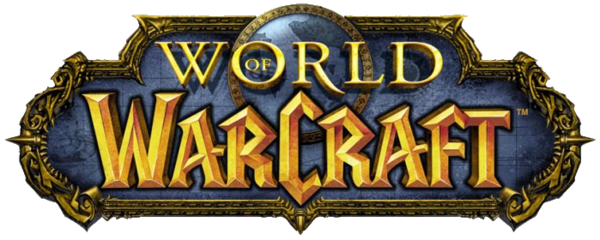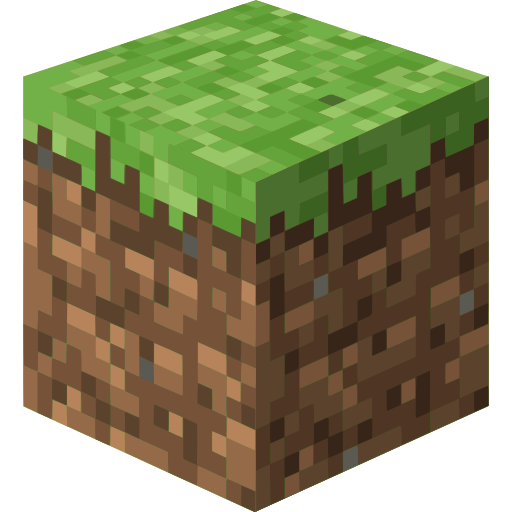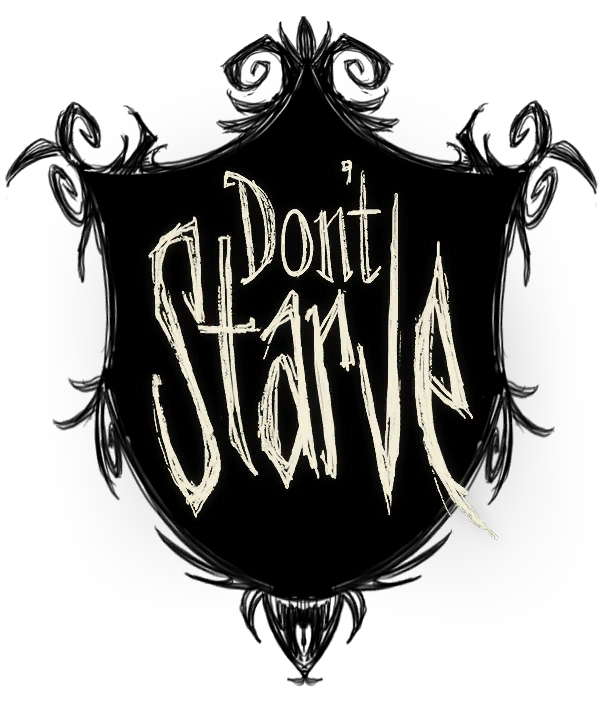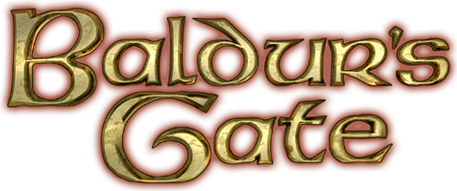Introduction to Lua in Game Modding
Game modding represents a creative nexus where gaming meets user-generated content, allowing players to alter, enhance, or completely transform their gaming experience. Lua, with its easy-to-learn syntax and powerful functionality, has become a cornerstone of this innovative landscape. Originating in the 1990s within the Pontifical Catholic University of Rio de Janeiro, Lua was designed with the intent of being a lightweight scripting language for general use but found a particular niche in game development due to its simplicity and flexibility.
Understanding Lua
Lua is distinguished by its efficient execution, small footprint, and the ease with which it can be embedded into existing applications. It operates on a simple set of principles, prioritizing speed, portability, extensibility, and ease-of-use. Lua’s syntax is straightforward, making it accessible for beginners, yet it possesses the depth to satisfy advanced programmers through features like first-class functions, powerful table data structures, and coroutines for cooperative multitasking.
The Role of Lua in Game Modding
Historically, Lua’s adoption in the gaming industry skyrocketed with its integration into popular game engines. Its first major breakthrough came with games like “Baldur’s Gate,” where Lua was used to script complex game behaviors. This trend continued as more developers recognized Lua’s utility, leading to its use in modding communities where users could create custom content or modify gameplay mechanics.

World of Warcraft
“World of Warcraft” (WoW) stands as a monumental example of Lua’s impact on game modding. In WoW, Lua scripts, known as AddOns, can modify the user interface, automate gameplay tasks, and extend the game beyond its original design. This has cultivated a vibrant modding community where thousands of AddOns exist to cater to every imaginable aspect of the game.
In the Classic version of World of Warcraft, AddOns like Questie revolutionized the player experience. This quest helper tool was so effective and popular that it caught the attention of Blizzard’s development team. Recognizing the community’s reliance on such tools, Blizzard was inspired to create their own integrated quest helper, aiming to fulfill this player need directly within the game’s interface. This move not only acknowledged the ingenuity of the modding community but also enhanced the overall gameplay experience by making quest tracking more accessible and user-friendly.

FiveM – GTA Roleplay
Lua has also made a significant impact in the world of “Grand Theft Auto V” (GTA V) modding, particularly with the FiveM modding framework. FiveM allows servers to implement custom game modes, enhancements, and extensions using Lua scripts. This has opened up a new realm of possibilities for GTA V, enabling modders to create unique multiplayer experiences, custom missions, and interactive worlds that go beyond the original game’s scope.
Through Lua, modders can manipulate the game environment, create complex gameplay mechanics, and even establish their own set of rules and narratives. This level of customization has not only extended the lifespan of GTA V but also fostered a vibrant community of modders and players who continuously push the boundaries of what can be achieved in the game world.

Garry’s Mod
“Garry’s Mod” epitomizes the sandbox genre, offering a playground where players can manipulate objects and experiment with physics. Lua scripts in “Garry’s Mod” empower players to create new game modes, tools, and environments, illustrating Lua’s capacity to transform the core gameplay experience into something uniquely personal and continually evolving.

Roblox
Roblox revolutionizes game creation by offering a platform where users can build their own games using Lua. This democratization of game development has led to an explosion of user-generated content, with Lua enabling everything from simple interactive experiences to complex, multi-player games.
Some other games to mention:
 | Minecraft (ComputerCraft and OpenComputers Mods) – Lua is used in mods like ComputerCraft and OpenComputers, which add programmable computers and robots to the game. |
 | Factorio – Players can mod the game using Lua to add new machines, change game mechanics, or create new gameplay experiences. |
 | Don’t Starve – Lua allows players to create new characters, items, and game mechanics in this survival game. |
 | Baldur’s Gate – Supports Lua scripting for mods to create new storylines, quests, and overhaul the game’s rule system. |
 | Civilization V – Utilizes Lua for modding to change game rules, create new scenarios, and alter AI behavior. |
Advanced Lua Modding Techniques
In the realm of advanced Lua modding, scripters employ sophisticated programming techniques such as object-oriented programming (OOP), event-driven programming, and networked communication to create complex game modifications. These techniques allow for the creation of mods that not only change game mechanics but also introduce new gameplay elements and online features.
Community and Resources
The Lua modding community is a testament to the language’s accessibility and power. Online forums, tutorials, and open-source projects foster a collaborative environment where modders can share knowledge, troubleshoot issues, and showcase their creations. Resources like “Lua.org” and GitHub repositories provide essential tools and documentation to support both novice and experienced modders.
Lua’s role in game modding is both transformative and enduring. Its ability to bridge the gap between simple script modifications and complex game enhancements has made it a beloved tool among modders. As we continue to explore the capabilities and achievements of Lua modding in various games, its significance in shaping the landscape of interactive entertainment is undeniable.

RuinApp
I developed a World of Warcraft AddOn using Lua specifically tailored for my alliance, designed to keep members informed about our various communication channels, community events, and activity schedules. This AddOn serves as a centralized hub, ensuring that all members have instant access to essential information, fostering a more connected and cohesive community experience within our alliance.
The app can be found here: RuinApp
Looking Ahead
In future posts, we will delve deeper into the specific games mentioned here, exploring in detail how Lua is used to mod each game and the unique modifications that have emerged. Stay tuned as we uncover the intricacies of Lua in game modding, one title at a time, providing insights and inspirations for both seasoned modders and newcomers to the scene.
